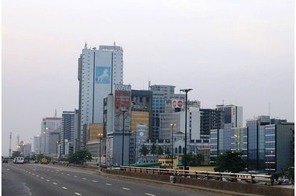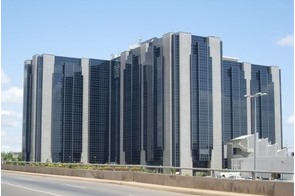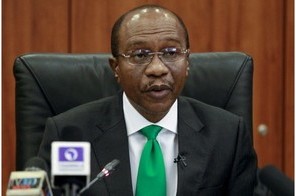Latest News
Nigeria’s inflation rises further to 12.82 per cent

News Highlight
While inflation rate continues to rise, the International Monetary Fund (IMF) has estimated that Nigeria's gross domestic product (GDP) for 2020 will contract by 5.4 per cent due to the economic shocks resulting from the coronavirus pandemic.
Nigeria’s Consumer Price Index (CPI) rose to 12.82 per cent year-on-year in July, according to the National Bureau of Statistics (NBS)’s latest monthly inflation report released today. The headline inflation rose for the 11th consecutive month, by 26 basis points (bps) (or 0.26 percentage point) last month compared to 12.56 per cent reported in June 2020.
According to CardinalStone Partners, an investment advisory firm, the latest inflation rate was primarily driven by the acceleration in food inflation. The headline inflation and food inflation were the highest recorded since March 2018.
On a month-on-month basis, the headline inflation increased by 1.25 per cent in July, or 0.04 percentage point higher than the rate recorded in the previous month. The NBS said there were increases in all major indices. All the Classification of Individual Consumption by Purpose (COICOP) divisions that yielded the latest headline index recorded increases.
Food inflation – which accounts for more than half the inflation basket – rose by 30 bps to 15.48 per cent last month compared to 15.18 per cent reported in June 2020, according to the statistics agency.
The NBS said the rise in the food inflation was caused by increases in prices of bread and cereals; potatoes, yam and other tubers; oils and fats; fruits; fish and meat. Based on state profiles, food inflation was highest in Kogi (20.09 per cent), Sokoto (19.28 per cent) and Plateau (18.05 per cent), while Adamawa (13.37 per cent), Abia (13.33 per cent) and Lagos (13.13 per cent) recorded the slowest rise.
Core inflation, which excludes the prices of volatile agricultural produce, stood at 10.10 per cent in July, down by 0.03 percentage point when compared to the preceding review period. The statistics agency said the highest increases were recorded in prices of medical services, passenger transport by air, pharmaceutical products, hospital services, and passenger transport by road.
Price increases were also recorded in maintenance and repair of personal transport equipment, vehicle spare parts and paramedical services.
Also, in the review period, urban inflation rate stood at 13.40 per cent, rising by 22 bps from 13.18 per cent recorded in June, while the rural inflation rate rose by 29 bps from 11.99 per cent reported in June to 12.28 per cent last month.
Nigeria's headline inflation began to edge up in September 2019 largely due to the effects of the Nigerian border closures, which started to weigh on food prices. Before then, the inflation rate had been on a steady decline for three consecutive months between June and August 2019, when the inflation figure reached 11.02 per cent. The latest data shows the inflation rate has risen by 180 pbs since August 2019.
While inflation rate continues to rise, the International Monetary Fund (IMF) has estimated that Nigeria's gross domestic product (GDP) for 2020 will contract by 5.4 per cent due to the economic shocks resulting from the coronavirus pandemic. COVID-19 restrictions have also contributed to the pressure on food prices, leading to the current inflation rate.
Related News
Latest Blogs
- How Tinubu is ensuring equitable access to public services
- Nigeria’s economic reform faces new threats
- What Ould Tah’s tenure at BADEA reveals about his AfDB candidacy
- Implementation strategy crucial for the success of 12-4 education policy
- A senator’s suspension threatens the right of representation
Most Popular News
- Artificial intelligence can help to reduce youth unemployment in Africa – ...
- Mark Zuckerberg visits Nigeria to explore startup industry
- IMF warns of global public debt approaching 100 percent of GDP
- Rise in vaccine-preventable disease outbreaks is a threat, warn WHO, others
- Tariffs stir inflation fears in US but offer targeted industry gains ...
- Nigeria records $6.83 billion balance of payments surplus in 2024









